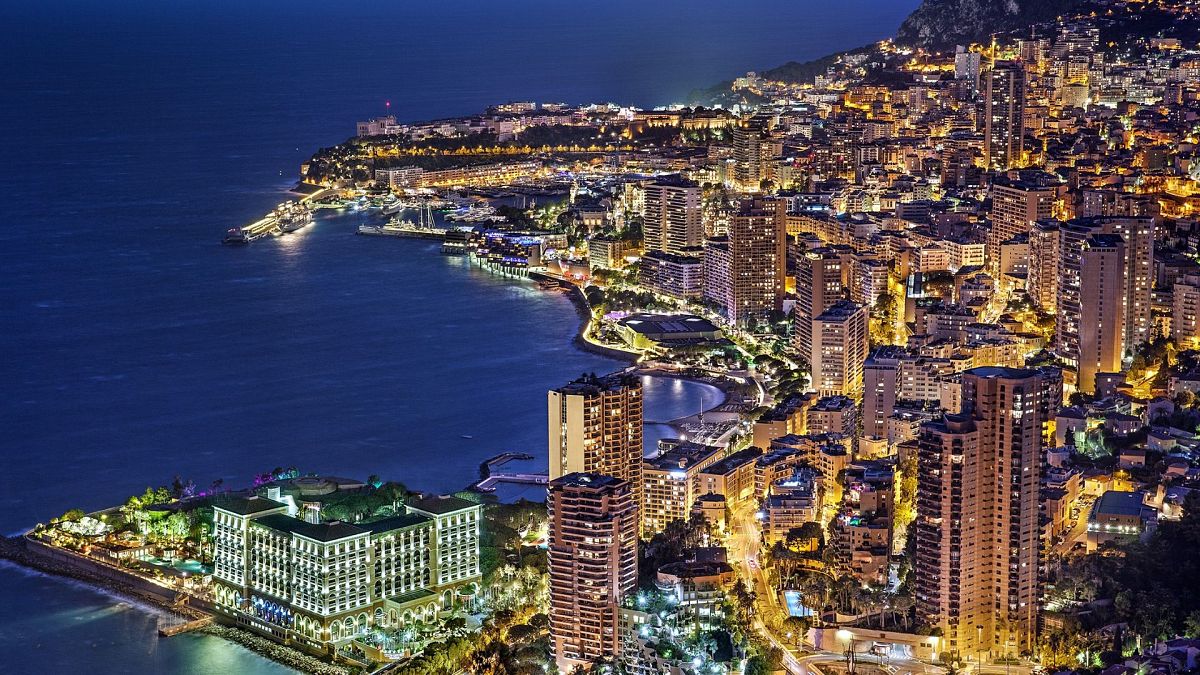Monaco is often praised for its pristine streets compared to neighbouring France, with claims that the principality charges no taxes to fund its public services. While it’s true that Monaco does not levy personal income, capital gains, or net wealth taxes on its residents, the country does have other taxes in place, such as a 33.3% tax on profits from real estate sales and a 20% VAT rate. Additionally, corporations with profits from outside Monaco are subject to taxation, as are companies with registration and licensing fees and stamp duties on documents.
Despite its low tax regime, Monaco is able to provide high-quality public services due to factors such as its small size and high wealth per capita. The country generates significant revenue from financial services, including private banking and wealth management, as well as from its luxury goods and services sector. This revenue allows Monaco to fund its public services without imposing high taxes on its residents, unlike larger countries like France, which require significant tax revenue to fund essential services like healthcare, education, and social security.
French nationals residing in Monaco are subject to income tax based on France’s tax system, which has progressive tax brackets ranging from 0% to 45% based on income levels. While Monaco may seem like a tax haven compared to France, the principality still generates substantial revenue through its various tax policies and fees. Monaco’s location on the Mediterranean coast, its casinos, luxury hotels, and high property prices all contribute to the country’s tax revenue, allowing it to maintain its well-kept streets and provide top-notch public services.
Although low taxes may work for small economies like Monaco, they may not be a viable solution for larger and more diverse countries like France, which require significant tax revenue to fund essential services. While the video showcasing the stark contrast between Monaco’s Rue Bellevue and France’s Rue des Martyrs de la Résistance may paint a picture of tax-free prosperity, the reality is more complex. Monaco’s unique economic model, based on financial services and luxury goods revenue, allows it to maintain its public services while keeping taxes relatively low. Ultimately, the effectiveness of low taxes as a funding mechanism depends on the size, wealth, and economic structure of a country.










